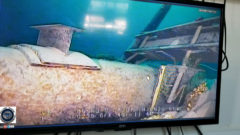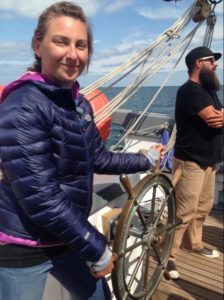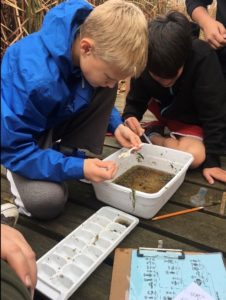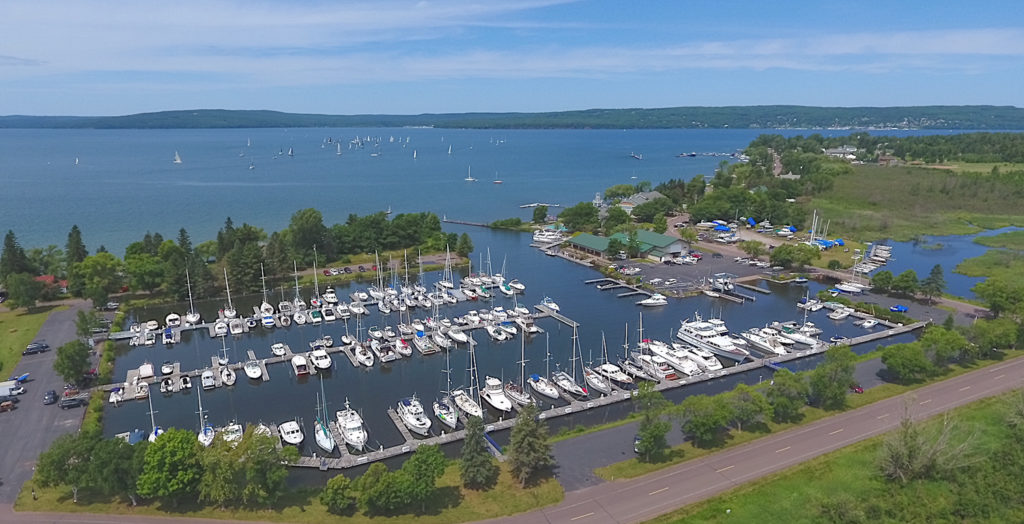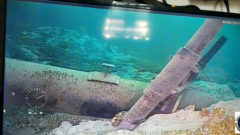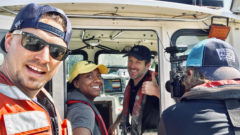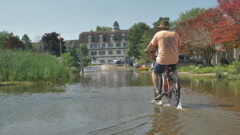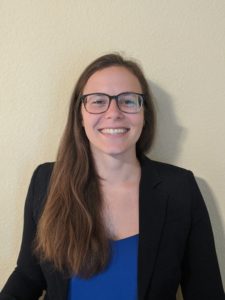Priority Shift: Chicago mayor sets environmental sights on neglected communities
Chicago Mayor Lori Lightfoot, has emphasized that her environmental priorities are focused on the social justice issues of access to drinking water and clean air. Read the full story by Great Lakes Now.
Great Lakes Commission
https://www.glc.org/dailynews/20200727-environmental-justice

